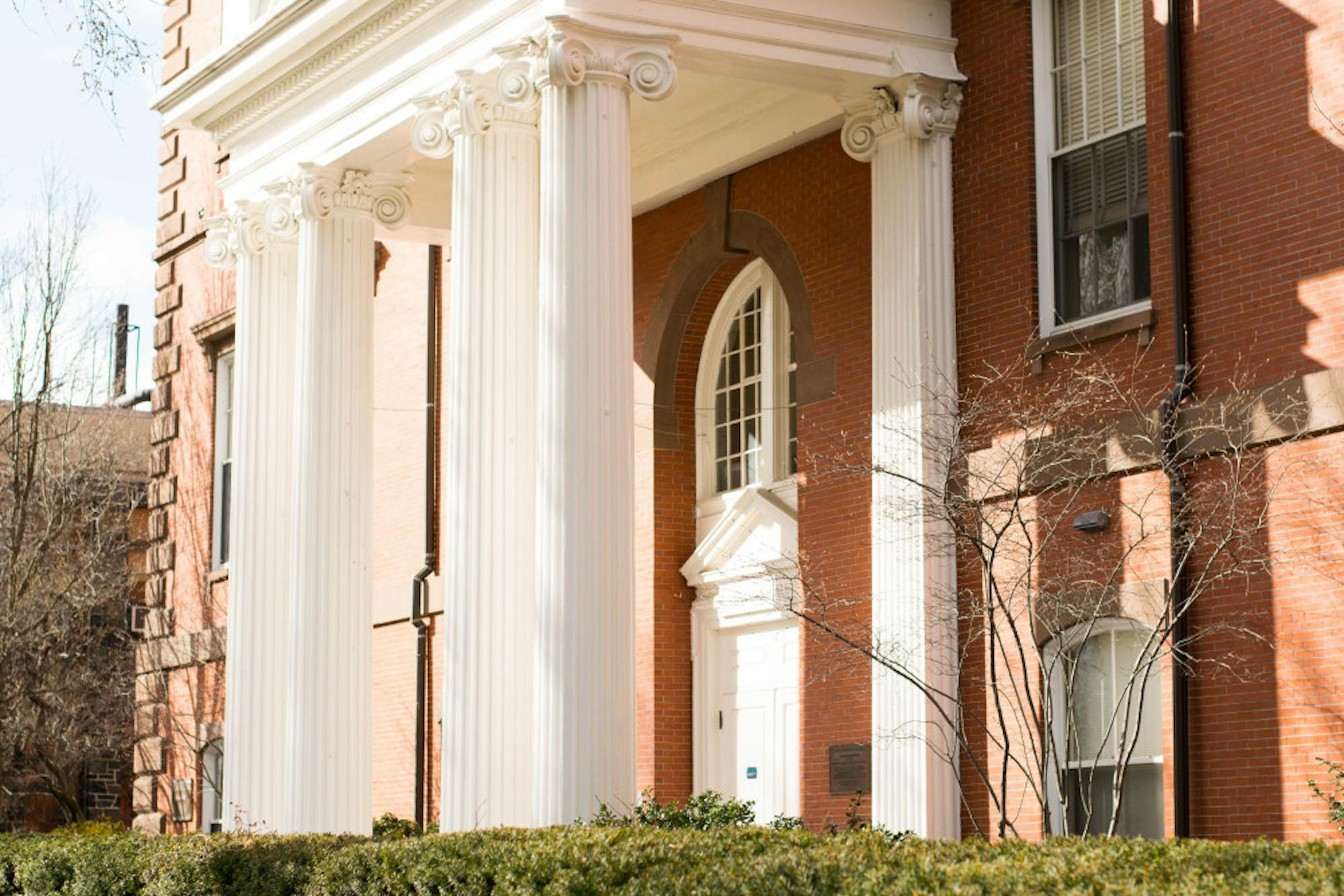Tufts University will invite students back to campus for the fall 2020 semester, according to aguide released today by the university. This will involve significant changes in residential, travel and lifestyle practices.
According to the guide, all students will have three options: return to campus, participate in the semester remotely or take time away from Tufts. Students must notify Tufts of their decisions among the three options by June 30, 2020.
If students decide to return to campus, they will be tested for COVID-19 upon arrival, and healthy students will also be tested frequently throughout the academic year.
The guide explained that the decision to return to campus is one that should be made personally by each member of the community based on their own circumstances. In an email to the Tufts community, University President Anthony Monaco acknowledged the risk of returning to campus, but stressed that practices and precautions will be implemented to counter the spread of the disease.
“While we know that we will never be able to eliminate all risk, our goal is to reduce it as much as possible by introducing multiple layers of protection and asking each member of our community to remember their obligation to help protect the health of all members of our community,” Monaco wrote.
To limit the spread of the virus, some undergraduate students will be living in Blakeley Hall and “The Mods,” a temporary residential space that will be constructed on the Vouté tennis courts and Fletcher parking lot, according to the guide. Students will also be arranged into “residential cohorts,” which will house six to 12 students each.
These residential cohorts will keep students in small groups within their residence halls. Residential cohorts will be assigned to specific bathrooms and common spaces. If students choose to dine in at the Dewick-MacPhie Dining Center or at the Carmichael Dining Center, they must do so with their residential cohorts. Takeout services will also be used during the year.
According to the guide, student organizations are recommended to plan events in a virtual format. However, if they decide to host in-person events, they will need to be approved by the Office for Campus Life.
Students who are diagnosed with COVID-19 at any point in the year will be required to isolate in a specific residence hall that will be set aside for this purpose, whether they live on or off campus. They will also be asked to inform the people they have been in contact with, who will be advised to self-quarantine in their current residences.
The academic calendar will remain the same, with all scheduled holidays and breaks staying as they were originally scheduled, including Thanksgiving break followed by reading period and final exams on campus. However, students are discouraged from traveling over Thanksgiving break to prevent the spread of infection, according to the guide.
A large number of courses will be in a hybrid format, meaning students who are remote can participate as well as those who are present on campus. Some courses will be in-person only, and those classes will require masks as well as the implementation of disinfectant precautions. Other classes will be virtual only, with either an asynchronous or synchronous format.
The guide also explained that the grading system will remain as normal and the exceptional pass/fail grading option will not be an available option.
All study abroad has been canceled for fall 2020, with a potential for spring 2021 programs to go ahead as planned. This includes all Tufts programs as well as all external (non-Tufts) programs. If students decide to go abroad through an external program anyway, they will not receive credit or any Tufts connection or support during that time.
The university fully recognized the difficulty of limiting the spread of COVID-19.
“It is unfortunately not possible to completely eliminate the risk of COVID-19 infection on campus. It is likely that there will be cases of COVID-19 on campus during 2020–21,” the guide said.
Until a vaccine or treatment is created to combat COVID-19, a return to pre-pandemic life at Tufts will not be possible, according to the guide. The cooperation of students and faculty, and strict adherence to these guidelines, is essential for this school year to be successful.
“It will require each of us to change our typical behavior and rethink how we conduct our studies, our work, and our social lives. Though it will be difficult at times, it is necessary, and I have no doubt it will be worth it,” Monaco said.






